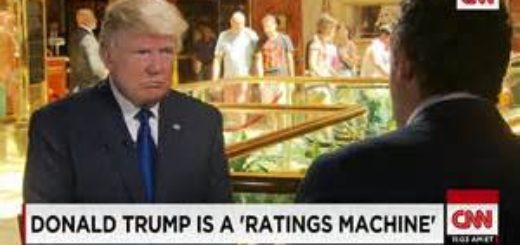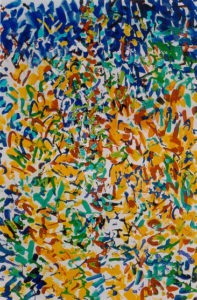Trump Attacks on Media Having Opposite Effect on Aspiring Journalists
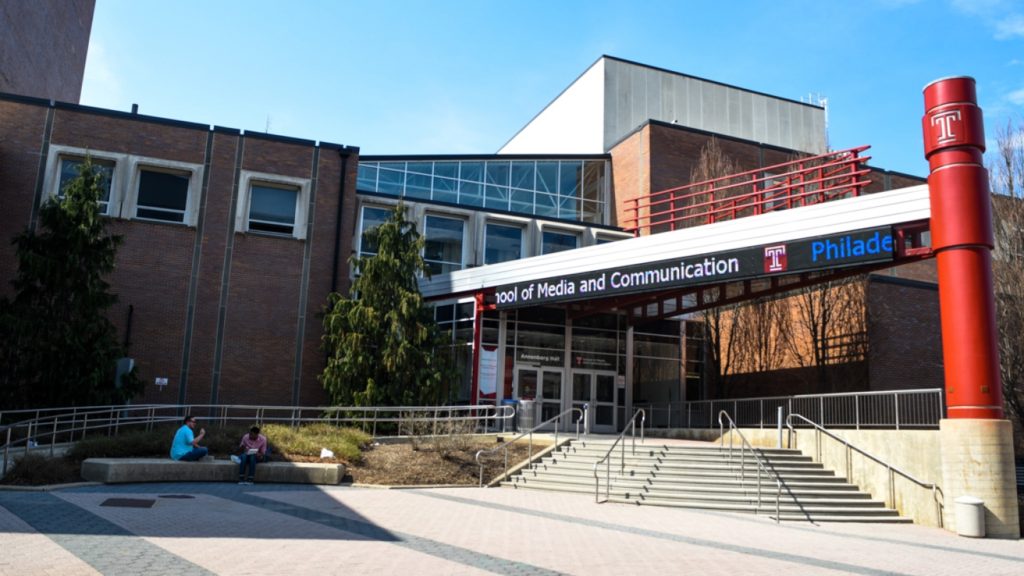
Journalism educators like Temple’s David Mindich are inclined to emphasize truth, accuracy and non-partisanship.
Another day, another Trump attack on the media.
According to the Committee to Protect Journalists (CPJ), “since announcing his candidacy…to the end of his second year in office, President Donald Trump has sent 1,339 tweets about the media that were critical, insinuating, condemning or threatening.” Here is one typical example:

Questioning the Legitimacy of the Press
We’ve seen versions of this before. In the seventies, President Nixon hated the press and included journalists on his “enemies list.” But Nixon never questioned the legitimacy of the press as one pillar of our freedom….to hold people in power accountable.
I doubt that Trump actually believes that mainstream news operations deploy “fake news” or make up stories. Donald Trump doesn’t believe in anything. He is unable to distinguish right from wrong. We are suffering through an amoral president who would attack a basic tenet of our democracy simply because doing so maintains his power (and his ability to profit from it).
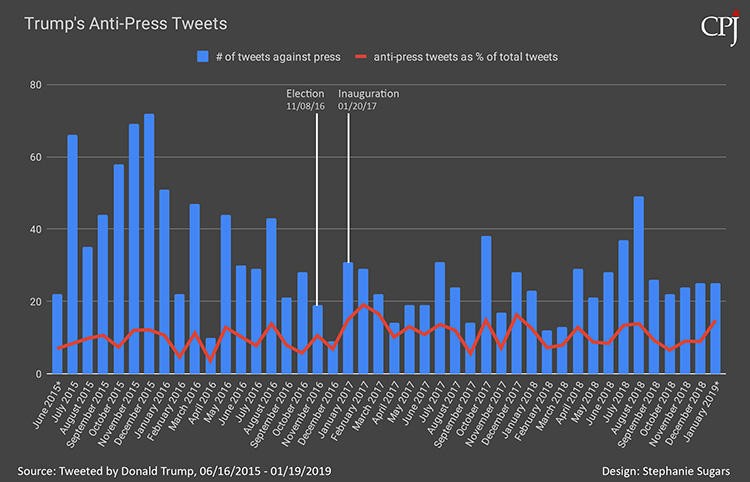
It is a crisis that can be remedied on election day, 2020.
The Kids Aren’t Buying It
There is a dearth of raw statistics but plenty of anecdotal data to suggest that college journalism and broadcasting schools are seeing a surge of admissions in the Age of Trump. I will get to some examples of this–some do not involve the president–but first let’s check in with the dean of Temple University’s journalism school, David T.Z. Mindich, Ph.D. (Disclosure: I earned a B.A. in journalism from Temple in 1979.) He had this to say:
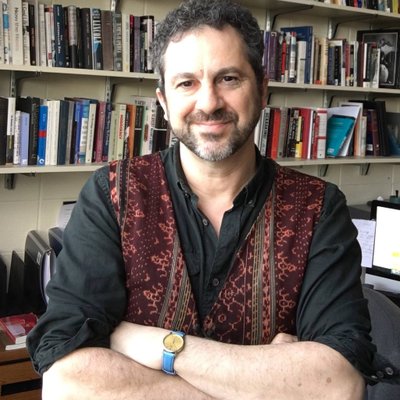
I am heartened by the surge of applications (we’re up about 3% over last year)…I spend some time every semester asking students why they chose journalism…For a growing number of students, it is a deep sense that they live in an important time. This means embracing the democratic function of the free press. Most, but certainly not all, are critical of Trump…Some embrace advocacy journalism, but others see their roles as witnesses and referees and they take non-partisanship seriously.
David Mindich, Ph.D.
The “Woodstein” Phenomenon
During the Watergate scandal in the early seventies, young people watched in amazement as two young, inexperienced reporters at The Washington Post become national heroes by dogged reporting that helped bring down the presidency of Richard Nixon.

Bob Woodward and Carl Bernstein made their mark: In 1970, enrollment of journalism majors tallied around 33,000. By 1979, that figure swelled to 71,000.
Nearly a half-century later, the working press, rather than being hailed as courageous defenders of free speech, are routinely denounced by the president of the United States as “crazed lunatics,” “The opposition party,” “the enemy of the people,” and of course the dreadful “fake news.”
The good news is, the president’s taunts don’t seem to be deterring aspiring young journalists. In fact, it’s quite the opposite.
Stirrings From Around the Country
As I stated, empirical data for total number of journalism students seem to be lacking. But here are three snapshots of positive developments from around the country:
- At Northwestern’s Medill School of Journalism (Illinois), Interim Dean Charles Whitaker is unsure whether its 24% increase is a “momentary blip.” But Whitaker said it was clear to him that some students are “agitated and activated by what they hear from the White House.”
- At Arizona State’s Walter Cronkite School of Journalism, enrollment is up 11%. Dean Christopher Callahan suggests the Trump is not the only factor. Rather, students are drawn to the story-telling power of social media. “There is a real passion for public service,” said Callahan. “But there aren’t a heck of a lot of ways to serve the public than through what we do.”
- North Carolina A&T, which enjoyed a 6% journalism enrollment increase, routinely requires its incoming students to write why they chose their course of study. Interim journalism chair Gail Wiggins observed, “they want to tell their own stories…they want to provide truthful information to improve their communities.”
In an era in which the sitting president constantly lies, North Carolina A&T has “doubled down on teaching media literacy, fact-checking and the basic tenets of reporting.”
“We are reemphasizing truth and accuracy,” said Wiggins. “We definitely talk about [those values] more than ever before.”

